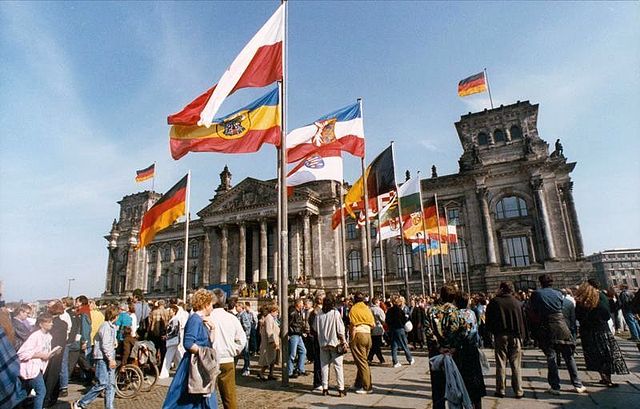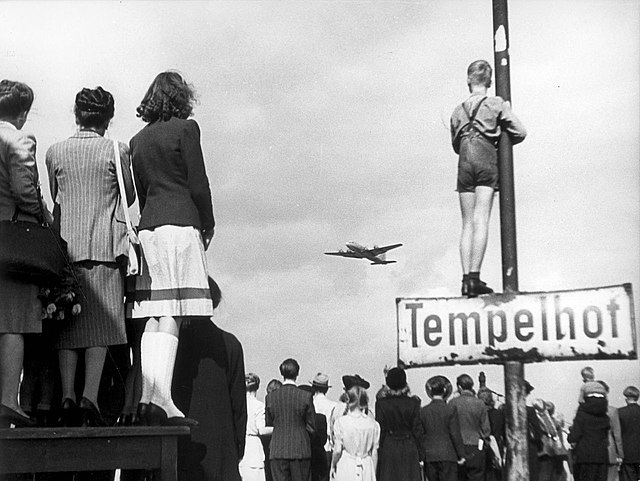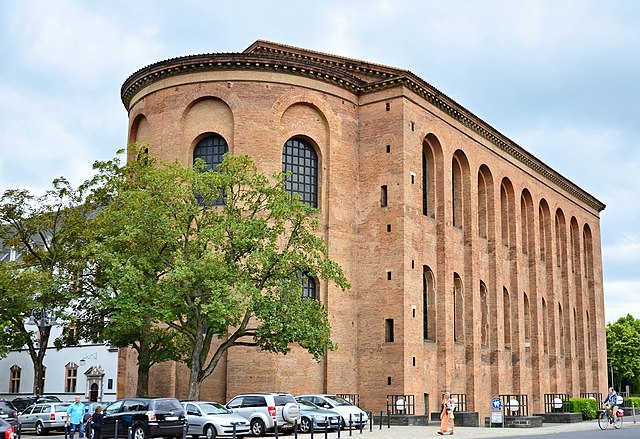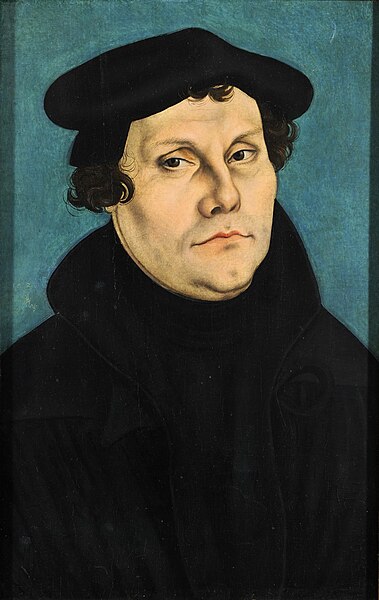German reunification was the process of re-establishing Germany as a single full sovereign state, which took place between 9 November 1989 and 15 March 1991. The "Unification Treaty" entered into force on 3 October 1990, dissolving the German Democratic Republic and integrating its recently re-established constituent federated states into the Federal Republic of Germany to form present-day Germany. This date has been chosen as the customary German Unity Day, and has thereafter been celebrated each year as a national holiday in Germany since 1991. As part of the reunification, East and West Berlin were also de facto united into a single city, which eventually became the capital of Germany according to the Unification Treaty.
Germans stand on top of the Wall in front of the Brandenburg Gate in the days before the Wall was torn down.
1990 Day of German Unity, with flags of all German states at the Reichstag building in Berlin, Germany
An East German political event on 21 April 1946: Otto Grotewohl (right) and Wilhelm Pieck (left) seal the merger of two parties, SPD and KPD, to form the SED, a communist party that would dominate the future East German state, with a symbolic handshake. Walter Ulbricht is seated in the foreground to the right of Grotewohl.Avraham Pisarek
Berlin blockade (1948–1949)
Germany, officially the Federal Republic of Germany, is a country in the western region of Central Europe. It is the second-most populous country in Europe after Russia, and the most populous member state of the European Union. Germany lies between the Baltic and North Sea to the north and the Alps to the south. Its 16 constituent states have a total population of over 84 million, covering a combined area of 357,600 km2 (138,100 sq mi) and sharing land borders with Denmark to the north, Poland and the Czech Republic to the east, Austria and Switzerland to the south, and France, Luxembourg, Belgium, and the Netherlands to the west. The nation's capital and most populous city is Berlin and its main financial centre is Frankfurt; the largest urban area is the Ruhr.
Basilica of Constantine in Trier (Augusta Treverorum), built in the 4th century
Martin Luther, born in Eisleben in 1483, challenged the indulgences of the Catholic Church, giving rise to the Reformation and Protestantism.
Adolf Hitler, dictator of Nazi Germany from 1933 to 1945
The Berlin Wall during its fall in 1989 and the Brandenburg Gate (background) was one of the first developments in the end of the Cold War, leading ultimately to the dissolution of the Soviet Union.







